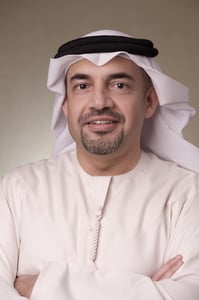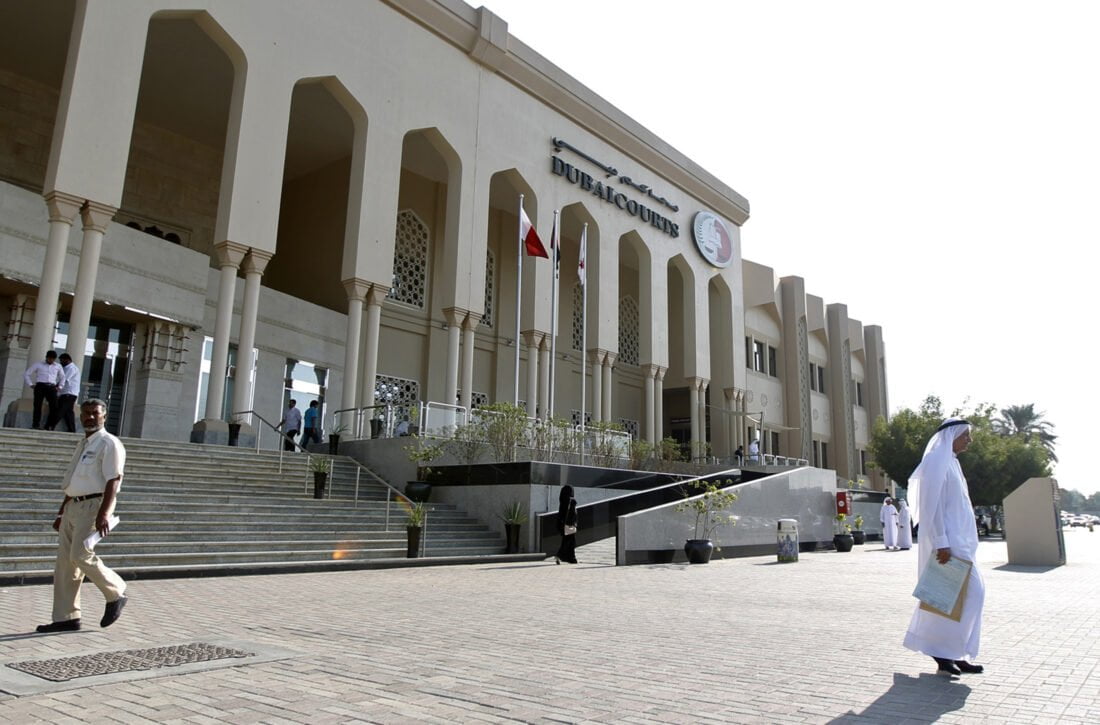Last November, the United Arab Emirates introduced a bundle of new legislations, and amended tens of existing laws, in a process that was seen as the largest legislation-overhaul since the establishment of the state. These 40+ legislations ranged from laws regulating the labor sector, to regulating and protecting the industrial sector, ownership, trademark and copyright laws, companies’ law, laws governing electronic transactions, e-signature, personal data, and cybercrime law among others.
Over the past years, the country had already seen a number of legislative revamps encouraging FDIs to move to the country, including allowing 100% foreign ownership of companies outside free zones in the UAE. But none measured up to the scale of the recent amendments.
The issuance of such a large number of legislations at the same time raised questions concerning the country’s aim it aspires to achieve. Some have even speculated that the process reflects the state of heated regional competition where states are working towards attracting foreign direct, and indirect investments (FDIs).
It is true that the UAE has a long-term policy of diversifying its economy away from hydrocarbon revenues. Such a process includes attracting foreign capital to contribute to revitalizing the various economic sectors within the country, attracting skilled workers and experts, as well as creating more job opportunities.
And foreign investors always look for a legislative system which protects their investments and provides them with a clear legal infrastructure to rely on in litigation. Such clear laws help investors get a clearer idea of the laws governing their investments and the sectors they wish to invest in. However, speculating that amending the laws is happening only in order to compete with neighboring countries to attract those FDIs, is in fact wrong.
To start with, one should not look at the recent legislations’ overhaul as a single case isolated from the ongoing development of the country. The process started since the establishment of the UAE in the past to date, whereby the UAE witnessed and continues to witness updates to its legal system as it moves forward.
It is also not a secret to those familiar with the history of the region prior and following its independence from the British mandate, the Trucial States lacked the basic components, not only to build a modern state, but also to provide a decent life for their citizens and residents alike.
The British authorities at the time did not show interest in basic sectors such as health, education, transportation, etc. Therefore, the priority when establishing the Union of the Arab Emirates was to provide the basic infrastructure and the main ingredients for building a viable and sustainable state. Hence, the focus on health, education and infrastructure, including roads, airports and ports, turned the UAE during the seventies and eighties into a non-stop workshop in order to accomplish all of this in record time. All of that merited the passing of new laws, law amendments and regulations, which we saw at a later stage.
The eighties witnessed a kickoff in the issuance of major legislations in the country, such as the Civil Code, also known as the Civil Transactions Law issued in 1985, the Companies Law issued in 1984, the Federal Labor Law that was approved in 1980 and amended at a later stage, the Federal Penal Code in 1987.
These laws and those that followed, such as the Commercial Transactions Law and the Trademark Protection Law, were sufficient in that period to manage people’s affairs and complete their transactions. This stage of the union’s life can be called the stage of foundation and construction.
But with the advent of the new millennium and the completion of building the state’s basic foundations pillars of the state, the UAE initiated the phase of development and upgrading of its facilities and services. It started competing on a global level, and is even ahead of the world at times, including the smart government. And it all started at a time when His Highness Sheikh Mohammed bin Rashid Al Maktoum became the Prime Minister of the UAE.
With his futuristic vision and unlimited ambition, the state’s goals changed to unprecedented levels, and achieving historic milestones from probing the unknown space with the UAE becoming the first Arab country, and one of 5 states in human history to reach planet Mars, to embracing the digital era and artificial intelligence. The UAE at this stage surpassed countries with ancient history, and transformed into a deserving international competitor.
With that, the country transformed into a tourists’ magnet, a financial hub, and a force of attraction to minds and expertise alike, not only from the Arab region, but from across the world.
Therefore, it was natural —following the building its foundations and moving forwards into a new era of transformations and development— for the UAE to complete and revamp its legal infrastructure to keep pace with the huge leaps it has achieved, enabling it to compete with the developed countries, and even beat them on a universal level.
And this is why the UAE saw through the recent legal revamp. It was to accompany the country’s massive development, first and foremost, and to enable it to maintain an upper hand as a global competitor.
The new laws also came to fulfill the requirements of the various economic sectors from trade to industry among others.
With that, the legal structure of the state today has become more clear in terms of protecting and supporting such sectors.
The new legal bundle regulates electronic transactions and commercial registrar, protects industrial property, trademarks and copyrights, among other issues needed by key economic sectors in order to keep pace with global and regional developments.
These modern legislations have adopted the best international practices in various fields without having to lose the UAE’s identity.
Moreover, UAE’s policy of tolerance towards the multicultural communities residing on its land, and its embrace of these cultures, require legislative flexibility to accommodate these cultures and enable them to coexist harmoniously.
Accordingly, these legislations are part of the natural development that the country has been witnessing throughout its economic, social and cultural fields.
An important thing to keep in mind is that this legal revamp is not a final destination for the UAE train to stop at, but rather it is one of many stations along its path. New legislations will continue to be issued for two reasons: The first is that development in the UAE is an ongoing process and not a circumstantial one. The second is that the world is constantly changing and advancing, and there will be economic, commercial and scientific developments that require new legislation capable of absorbing such a change.
Today, the UAE has become a financial hub, a social incubator, a scientific beacon, and a unique meeting place for various populations and cultures. All these components will always remain the target of legislation in the coming period.
——-
 * Dr. Habib Al Mulla leads Baker McKenzie-Habib Al Mulla Law Firm in the UAE, and is one of the UAE’s most respected legal references, who has drafted many of the modern legislative structures in place in Dubai, and is a strong advocate for the improvement and modernization of UAE Laws.
* Dr. Habib Al Mulla leads Baker McKenzie-Habib Al Mulla Law Firm in the UAE, and is one of the UAE’s most respected legal references, who has drafted many of the modern legislative structures in place in Dubai, and is a strong advocate for the improvement and modernization of UAE Laws.
Dr. Al Mulla is a former member of the Federal National Council, and has represented the government and senior officials in a number of international cases.
He holds a Master of Law degree from Harvard University, and a Ph.D. from the University of Cambridge.








